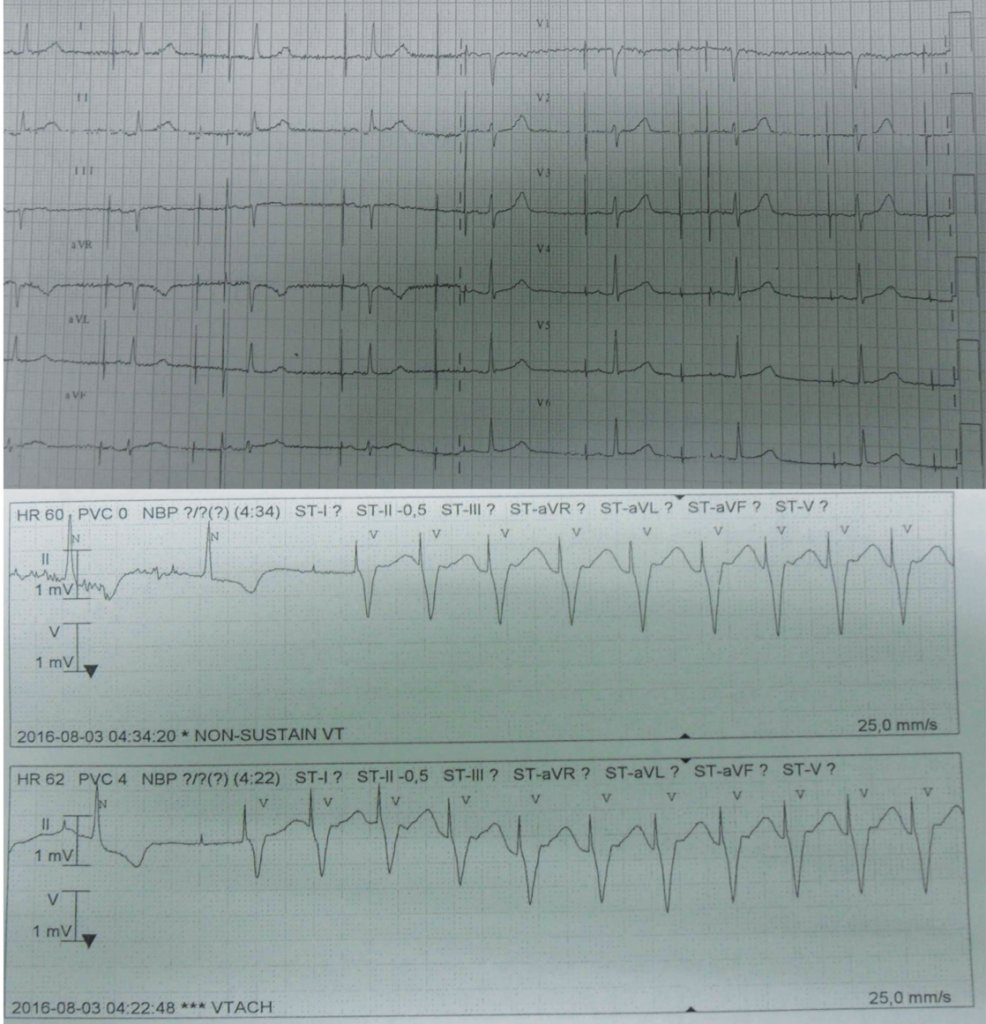The odds of being struck by lightning are very small so its not often that cardiologists see the effects of a lightning strike on a person with an implantable cardiac pacemaker.
But clinicians in Poland have reported on what they believe is the first case of pacemaker malfunction due to lightning strike.
They describe how an 80-year old woman was brought to the hospital emergency department in the town of Zamosc suffering from severe shock and superficial burns after being struck by lightning that had knocked her unconscious and stopped her watch.
On investigation, doctors noted a lack of pacing in both pacemaker channels, and her ECG depicted pacemaker spikes and native sinus rhythm at 50–60 b.p.m.
Pacemaker interrogation showed high pacing thresholds (failure to pace in the atrial channel) even if impulse energy was increased. Three days later, the woman developed recurrent pacing-induced tachycardia at the rates of 140–160 b.p.m.
After her condition was stabilised she was transferred to a tertiary hospital for transcutaneous lead extraction. She also had a new pacemaker unit implanted.

Credit: EHJ/Bogdan Obszaijki
The patient made a good recovery and was still alive two years after the lightning strike incident.
When returned to the manufacturer (Biotronik), the pacemaker did not show any significant damage either to the device, extracted leads or battery, and the memory appeared normal.
Extensive testing showed the pacemaker appeared to function properly, leading the clinicians to conclude that the cause of cardiac arrhythmia was most probably electrical burn at the endocardial-electrode interface and a sudden elevation of the pacing threshold leading to transient pacing failure in both PM channels.
“An increase in impulse amplitude resulted in paced ventricular beats and secondary endless loop tachycardia,” he wrote in European Heart Journal Case Reports.
“Because endocardial injury under the electrode was irreversible, it was necessary to remove the lead.
The shock after being struck by lightning could have resulted from left ventricular dysfunction and takotsubo cardiomyopathy,” they added.
Lead author Dr Bogdan Obszaijki said he believed this was the first case of lightning-induced pacemaker dysfunction described in the literature.